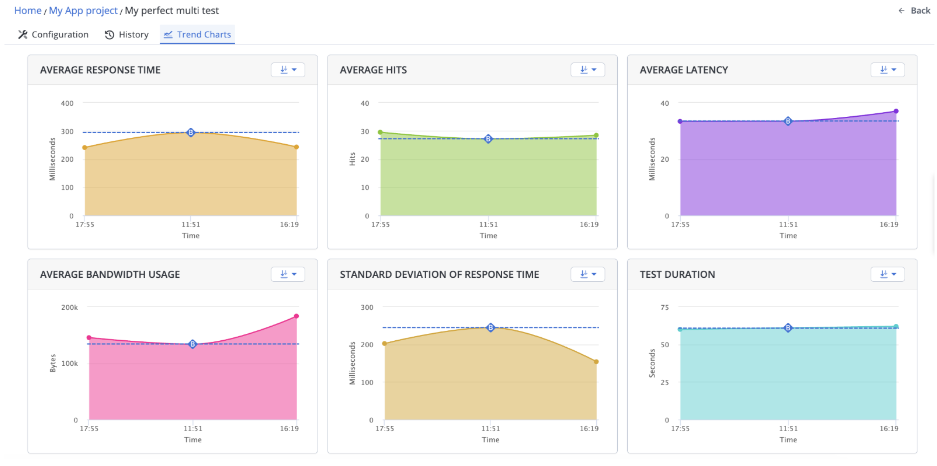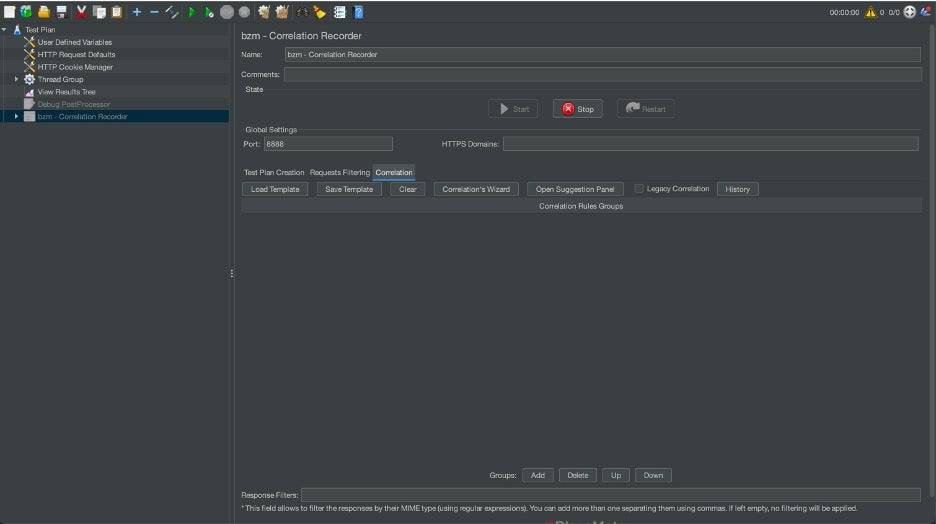What’s new for May 2024?
What’s new for May 2024?
[Performance]: Baseline in Multi Tests
Defining a test run as a baseline helps testers make sure that the application performance remains stable as the code changes. Once a baseline is defined, subsequent test runs are compared to the baseline.
With baselines, you can easily identify degradations and bottlenecks, find the related changes in code, and quickly take actions to resolve issues.
Up until now, the baseline feature was available on single tests only. Now, we’ve added baseline support to multi tests as well, so that users using multi tests can also enjoy the feature.
Main Highlights:
- Select a test run in a multi test and define it as a baseline for the multi test.
- Have all future test runs automatically compared to the baseline. Baseline comparison data will be available in the Request Stats tab in the report.
Note: Unlike baseline for single tests, in multi tests there isn’t an option to define baseline-based failure criteria because failure criteria are defined on the single tests.
[API Testing & Monitoring]: Running the Radar Agent as a Container
We've streamlined the management and maintenance of the Radar Agent by introducing a containerized version. This change brings the Radar Agent closer to other BlazeMeter services, simplifying the management and administration of OPLs (Open Performance Labs) through common automation and pipelines.
For more details, please refer to our documentation.
[Correlation Recorder]: JSON Auto-Correlation Rules
The latest version of Correlation Recorder introduces the ability to create JSON-type auto-correlation rules. Users can now create and save templates with JSON rules, offering more control over correlations when JSON formats are present in the recording. This enhancement eliminates the need for Regex or manually creating a JSON post-processor.






